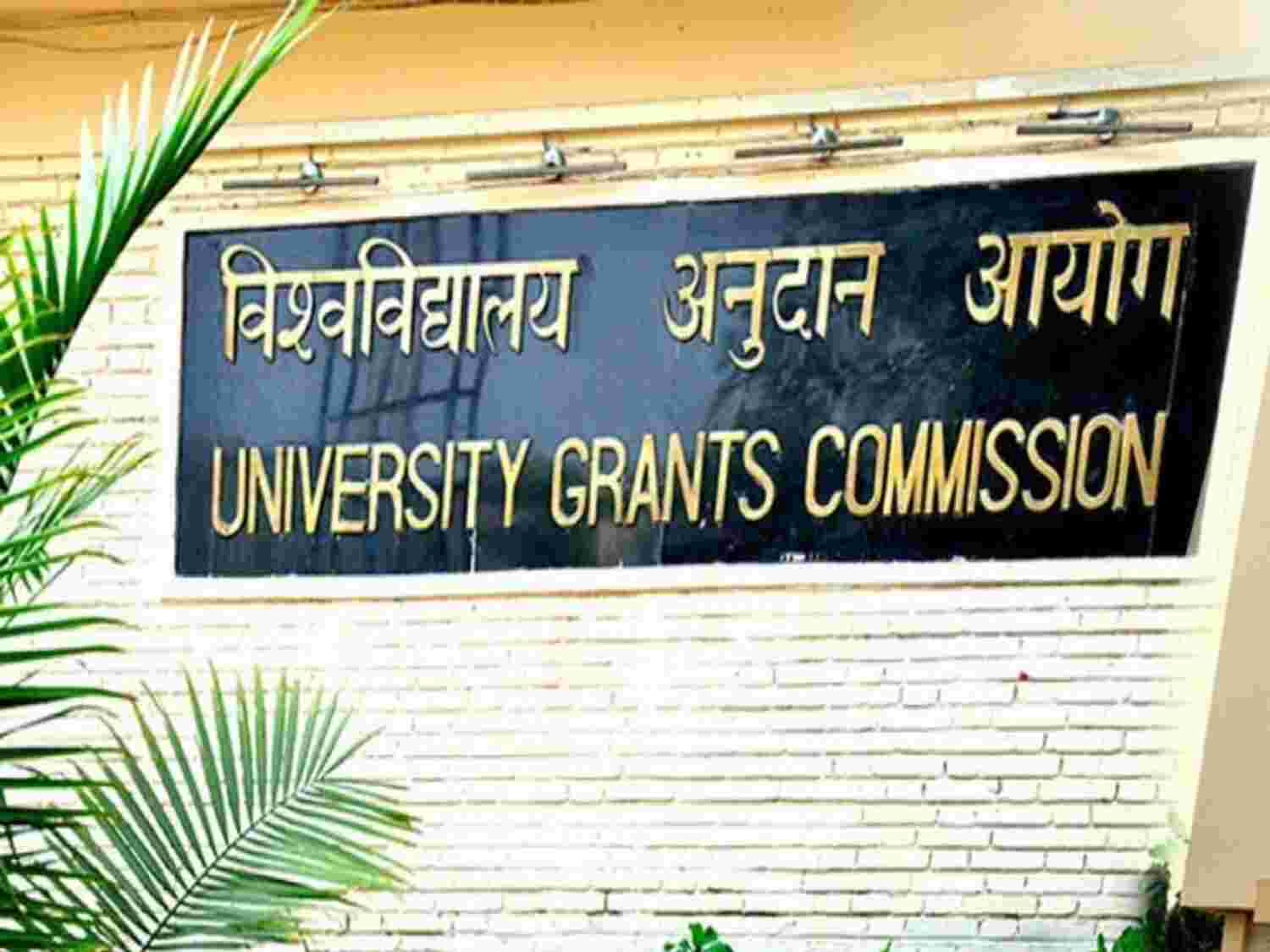Nuggets of hope

Two of the greatest challenges faced by the Indian education system has been that of accessibility and affordability. University Grants Commission's Academic Bank of Credit scheme seeks to facilitate wider and more comprehensive accessibility by providing students greater choice and flexibility in pursuing their higher education. It has to be acknowledged that the higher education scenario in India remains in a dismal state. It is important to understand that when we refer to the performance of higher education, it is not limited to the handful of prestigious universities but includes all the higher education institutes from small towns and cities across India. The conduction of degree level courses is marred by grave inconsistencies. In many of the ill-performing states, teacher-education ratio, attendance of students or even conduction of regular classes remain far behind what could be called satisfactory. It is really shocking that in large parts of rural India, higher education is perceived as a non-rewarding course of action, and vocational courses or competitive exams completely outshine higher education options. This badly affects the overall sentiment towards quality research, weakening a fundamental pillar upon which the aspirations of a developing country like India could be based upon. It won't be an exaggeration to say that the higher education system is in ailing condition across India and awaits transformative reforms. One is bound to find nuggets of hope in the provisions of New Education Policy 2020. One of the provisions that are being launched as a scheme is the Academic Bank of Credit that could introduce transformative changes in degree education. The scheme bears the outlook of a bank account where students can store the credits they would earn during their studies and use those for admission in courses as per their requirements. The scheme aims to facilitate multidisciplinary higher education by allowing students' mobility across higher educational institutions through credit recognition, credit accumulation, credit transfer and credit redemption. Simply put this will allow students to switch colleges and courses and even resume their studies after a gap period. ABC could herald a shift from a monolithic to an interdisciplinary education system. The scheme, at least in its structure, seems to drive inclusion and greater accessibility. Higher education in rural and semi-urban areas is considered an option that could be skipped for other preferences offering immediate rewards. It is a time-demanding and costly affair that prevents a lot of students from braving to enter into the higher education system, as immediate livelihood needs and low and unsustainable income of families might be acting as a deterrent for them. This has undoubtedly been preventing meticulous minds from taking lead into crucial areas of research and innovation. The greater flexibility allowed under ABC has the potential to ward off such anomalies by providing flexibility in the education system. Delhi University Teachers Association has raised its apprehension around the scheme saying it might dilute the degree education. While the apprehension is valid for varsities like Delhi University, JNU etc., it doesn't offer an alternative solution to the overall ailing higher education system. DUTA has also apprehended that such a scheme would reduce universities to "mere degree distribution shops". It has rightly raised the concern that such a system is prone to misuse by way of outsourcing admissions and examinations to agencies. So, clearly, the scheme has the potential for good and bad as well, as it is with any other scheme. What is important is that the government is showing intent to address some of the lingering issues in the education system. Another concern of DUTA is that the digital system of credits will reduce the role of teaching staff. The criticism seems to be generic to any disruptive tech-based initiative. Furthermore, how effective a policy is or not, is always just half part of the discussion. Implementation strategy and the approach that the leadership takes are the other parts. Here comes in picture the beauty of a rules-based democratic order. The potential for misuse has to be minimised at the best possible scale by devising legal or administrative provisions. The legitimacy of the critical voices needs to be recognised and their concerns should be addressed through clearly laid out provisions without leaving much to the discretion of the administration. The National Education Policy is a defining document that has been reworked after 34 years. The particular aspect in question will shape the course of higher education for decades to come. Any vulnerable spot in the scheme is the last thing that we would like to live with. Academic Bank of Credit potentially offers some hope and opportunity. Let us make it foolproof by smoothening the edges to ensure that the opportunity is not lost.



